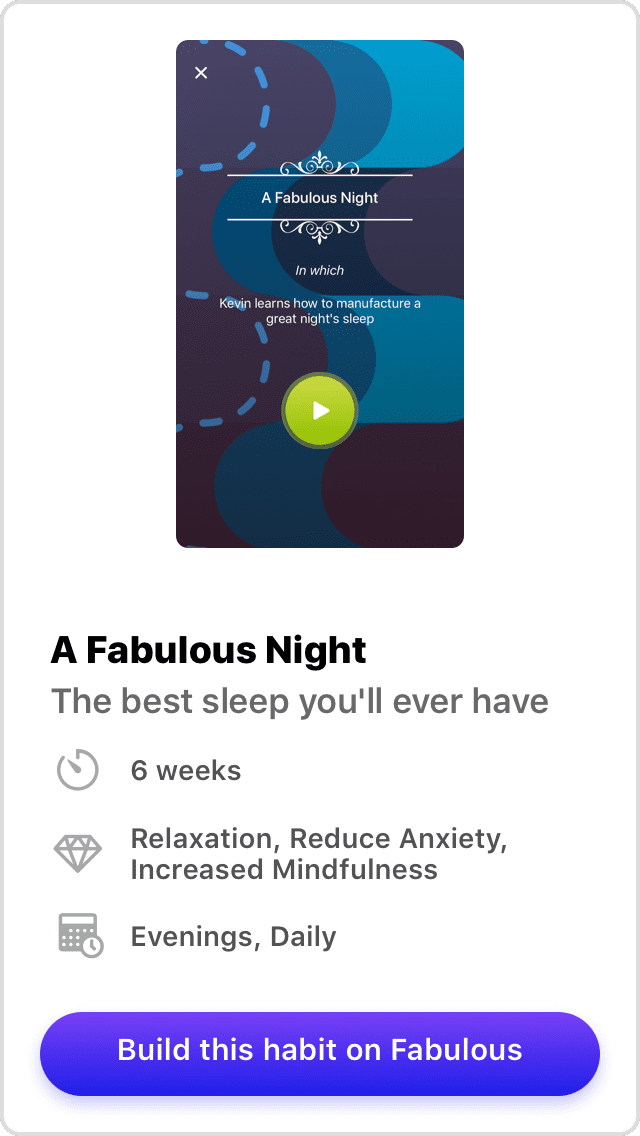Students are often depicted as perpetually awake. They pull all-nighters to study for a test one night and party hard the next. But these habits could harm more than just their grades. Burning the candle at both ends means that students often forfeit a good night’s sleep. But undermining the importance of sleep can have devastating consequences on our health and wellness.
What Happens When We Sleep?
Once we close our eyes and fall asleep, our body moves through different phases of sleep mainly consisting of Rapid Eye Movement (REM sleep) and non-REM sleep. REM sleep is a deeper state of relaxation where we experience dreams. As our bodies rest we move through several cycles of REM and non-REM sleep. Restless sleep or occasions when we don’t sleep for long enough usually don’t provide us with enough opportunities for the restorative deep sleep stages.
Younger people typically need more sleep than older adults to start with. As they make the transition from the teen years, their bodies crave up to nine hours of quality sleep to meet the full time demands of balancing school work, part-time employment, and a social life.
Although students may feel that they are missing out on the college experience or damaging their social life by heading to bed early, it could help them in a range of ways, including:
Improved Grades
The academic demands of college far outweigh those expected at high school, including the expectation of self-led learning. Students need good, restorative rest to commit fully to lectures, discussions, and study groups and to excel in tests and essays.
A report in the Journal Scientific found that irregular sleep patterns were associated with poorer academic performance.
Better Mood
Students are under a lot of stress and often experience symptoms of depression. This might be caused by an underlying medical issue but can be exacerbated by debt, relationship problems, or feeling overwhelmed by the demands of school. The Healthy Sleep blog from Harvard Medical says that “sleep and mood are closely connected; poor or inadequate sleep can cause irritability and stress, while healthy sleep can enhance well-being.”
Lower Weight
To avoid weight gain typically associated with the first year of college, students should eat well and exercise. But most importantly of all might be ensuring that they get a full eight hours of sleep per night. A study in the journal Current Opinion in Clinical Nutrition and Metabolic Care found a connection between a lack of sleep and obesity. Poor sleep hygiene is thought to be associated with an increase of ghrelin, which is the hunger hormone and not only makes you want to eat more but also promotes the storage of fat. While ironic, the study found that “sleep is the ‘most sedentary activity’ yet may be the only one that protects from weight gain.”
How to Practice Good Sleep Hygiene
Sleep hygiene includes all the good habits that make restful sleep possible, including:
-
- Going to bed and waking up at the same time every day
-
- Working on your studies during the day or early evening and avoiding cramming into the night
-
- Winding down before bed by reading, stretching, or meditating
- Making your bedroom a haven for sleep. This can include investing in blackout curtains, keeping tech devices out of sight, and keeping the room cool.
To feel alert and ready for their daily activities, students often resort to an overconsumption of caffeine. A study by the journal Clinical Nutrition found that 92% of college students consume coffee with many of them stating they do so to “feel awake.” The Mayo Clinic says that consuming too much coffee can cause restlessness, migraines and even muscle tremors.
Kathryn Picano Morton, a Licensed School Psychologist, who has been in private practice in Florida for almost a decade, considers quality sleep to be fundamental to student health and wellness. “Restorative sleep is vital not just to college success, but for optimal physical, mental, and emotional health,” she says.
During their time at college, students learn all sorts of adult skills that they will use throughout their life. For total health and supercharged productivity, adopting proper sleep hygiene habits should be one of their top priorities.
Are you ready for a good night’s sleep? Download the Fabulous app and select the journey A Fabulous Night. Sweet dreams!




